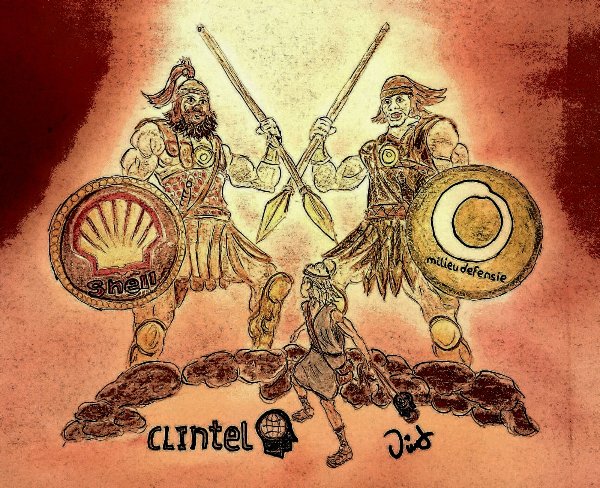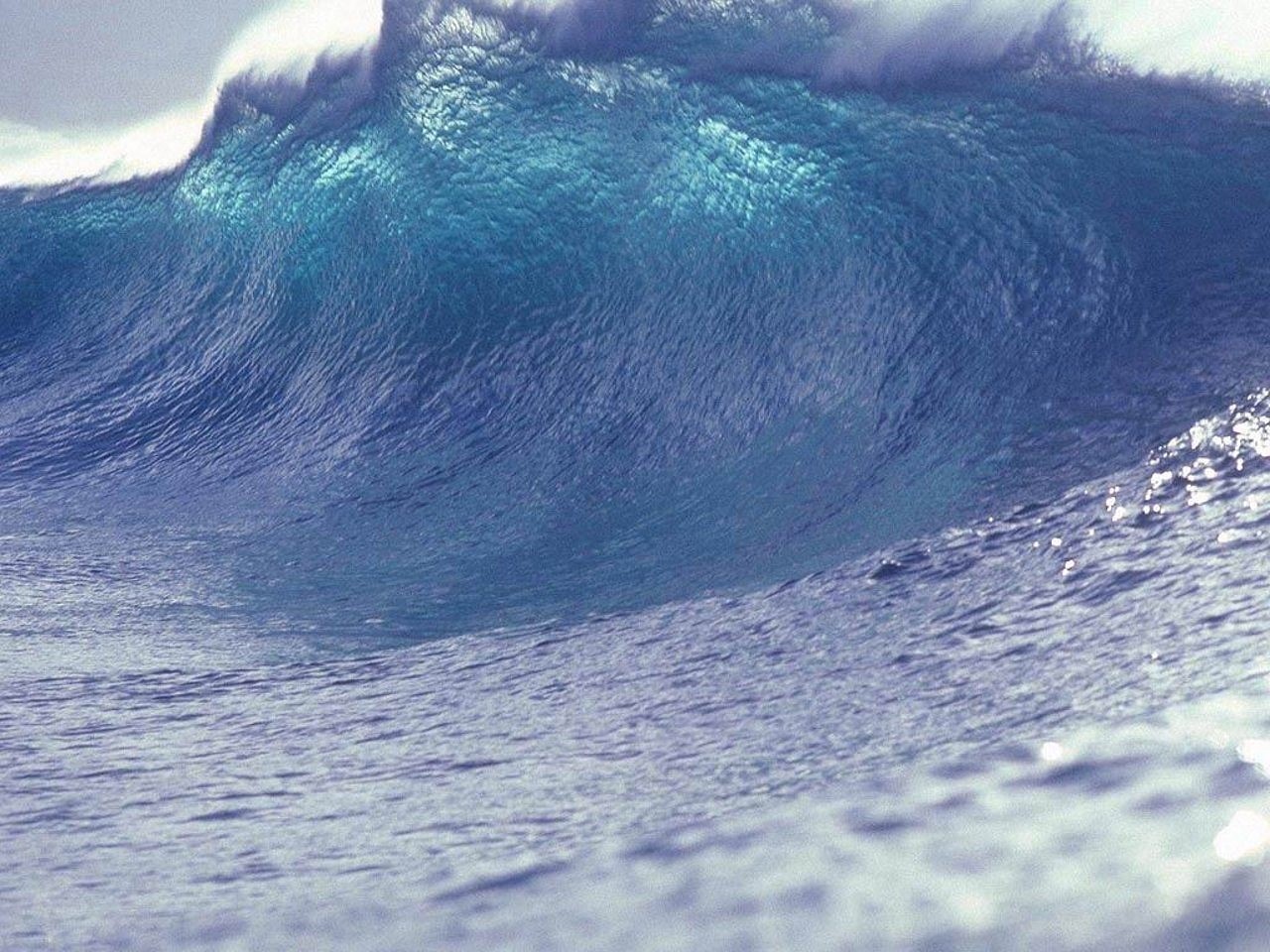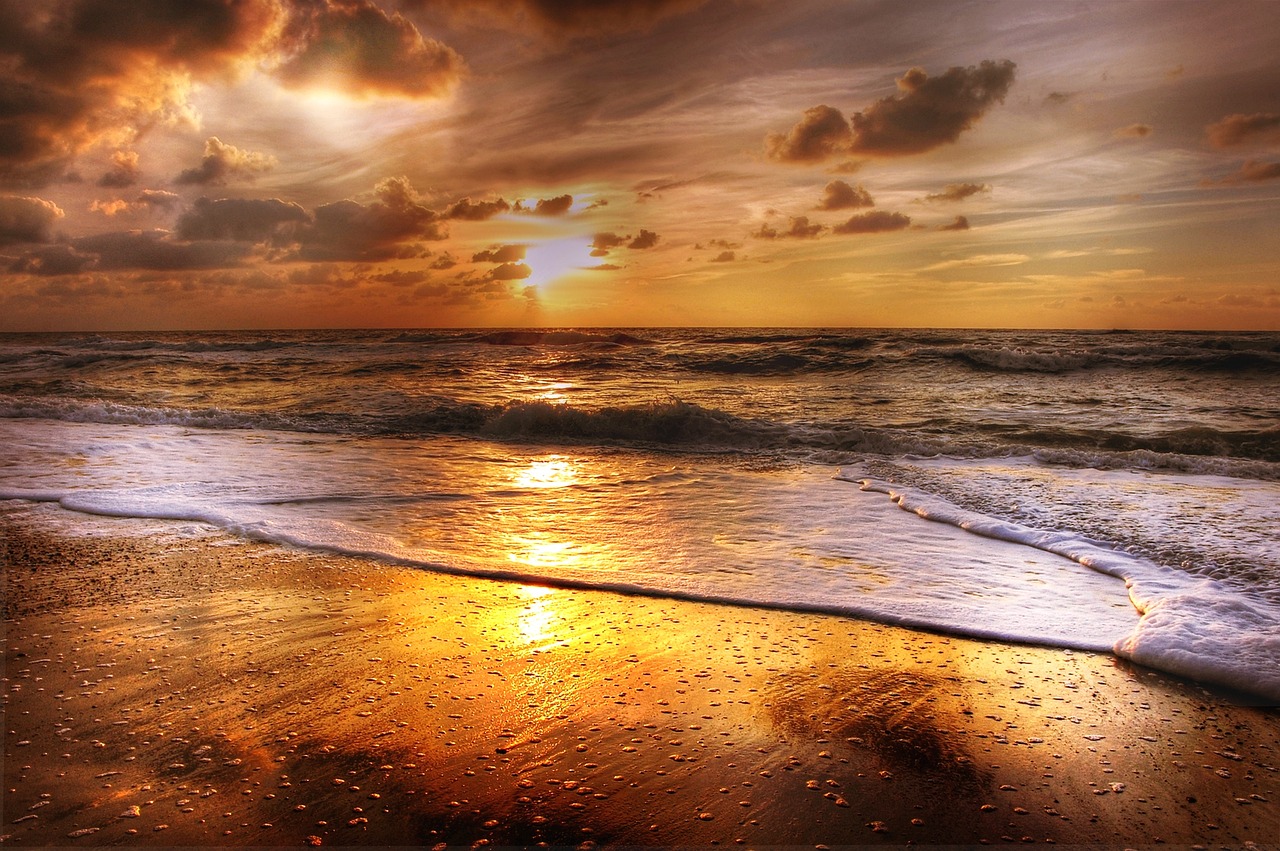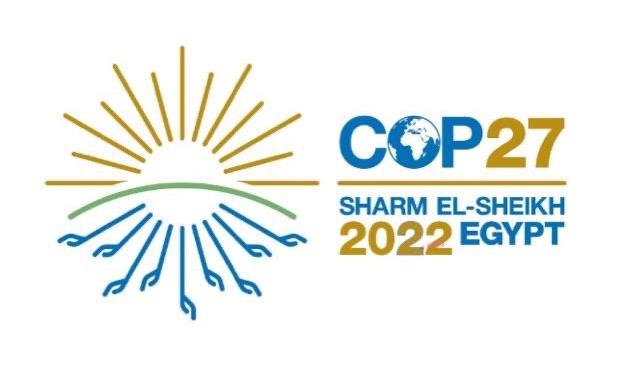
© Clintel Foundation / Thursday December 15, 2022
Support us in the Climate Case of the Century

This picture, produced for Clintel by the Dutch artist Vincent Geijsen, tells a thousand words. Clintel is David fighting not one but two Goliaths. Indeed, Clintel has applied for leave to intervene in a high profile Dutch court case between oil and gas company Shell and the environmental NGO Friends of the Earth (in The Netherlands called Milieudefensie). Friends of the Earth (FoE) calls this case ‘the Climate Case of the Century’.
UrgendaIn The Netherlands we have now had two prominent climate cases. In 2015 Dutch NGO Urgenda won its case against the Dutch state, demanding more ambitious reduction of greenhouse gases. Now FoE prevailed against a private company in a climate case. Shell was ordered to adopt corporate policies to reduce the CO2 emissions from the group’s activities by net 45% by the end of 2030 compared to 2019. This reduction obligation applies to the Shell Group’s entire global energy portfolio. Shell must not only reduce its own emissions but also ensure that the emissions of its suppliers and customers (Scope 3 emissions) fall drastically.
SweetheartThe verdict and court documents, reveal that this is some sort of ‘sweetheart’ case in which the parties agreed on the facts. Shell could hardly defend itself against the alarmist statements put forward by FoE because the company had previously made similar statements. Nowadays, a large, publicly traded company cannot publicly deny the “climate crisis.” If a company were to do so, it would have the media, activists, and a large number of politicians all condemning it. No public company can afford such reputational damage. Climate activists exploit the inability of corporations to defend themselves.
FoE in powerWith the big win against Shell in its pocket FoE has demanded ambitious ‘climate plans’ from 30 major Dutch companies, including food companies and even banks and insurance companies. These climate plans have been verified by the “New Climate Institute,” a consultancy known for the “Climate Action Tracker” that has turned climate into a huge revenue model. The result was a red “climate crisis index” rating for the vast majority.
These companies face the same dilemma as Shell. If they fight back they will likely suffer huge reputational damage. Shell moved its headquarter from The Hague to London last year, and will receive huge subsidies for CCS-projects (Carbon Capture and Storage) and green hydrogen. Ultimately, the bill for all these ‘climate plans’ will have to be paid by citizens and Small and Medium-sized Enterprises (SMEs). Small companies are already suffering due to high energy prices, which are only partly related to the war in Ukraine and for the rest the result of environmental and climate policies.
Intervention by ClintelClintel says enough is enough. In October Clintel sent a request to the court of appeal to join the case as a third independent party. Clintel’s aim is to make clear that the judge based its verdict on a distorted picture of climate science, the role of the IPCC and the state of the climate. It will also defend the rights of citizens and democracy. Not surprisingly, but disappointing nonetheless, both Shell and FoE oppose Clintel‘s proposed intervention. The court ordered a hearing in March 2023 (specific date not yet known) in which Clintel can plead its case.
We launched our own special website for this court case: climatecaseofthecentury.org.Everyone in the world can (free of charge) join our case (as a citizen/lawyer or as a scientist) by filling in a form on the website. The more people participate, the better for making your voices heard. You can also help us by sending this newsletter to other people that might want to join our case.
Of course, we also need a lot of financial support for this big court case. All the details about how you can contribute are available on climatecaseofthecentury.org.
Many thanks in advance for your help and support!
Guus Berkhout & Marcel Crok (founders of Clintel)
“Ocean currents may be more important than the greenhouse effect”

Current global warming comes from a slowdown in ocean currents. That daring challenge has been made in a recent paper by retired Australian meteorologist William Kininmonth, who was head of his country’s National Climate Centre from 1986 to 1998.
Over the last 40 years, the tropical ocean surface has warmed by about 0.4 degrees Celsius. But that warming can’t possibly be explained by rising CO2, that went up from 341 ppm in 1982 to 417 ppm in 2022, says Kininmonth. He thinks the only plausible explanation left for warming of the tropical ocean, is a slowdown in ocean currents, those “unseen arteries carrying the earth’s lifeblood of warmth away from the tropics”. His suggested slowing mechanism is natural oscillations of the oceans, which he describes as the inertial and thermal flywheels of the climate system.
You can read the full article, by Ralph Alexander: here
ICSF/Clintel Lecture also focuses on the central role of the oceans

Like William Kininmonth in the item above, Danish professor Ole Humlum also focuses on the role of the oceans, in his recent ICSF/Clintel Lecture. Humlum analyses global meteorological and climatological data to assess the real state of earth’s climate and first of all concludes that all these observations reveal that there is no climate emergency.
In parallel he points to a possible cause of observed modern warming. From the data he concludes that whatever controls the ocean surface temperature, controls the global climate. Possible candidates are cloud cover and the sun. Climate researchers should focus on these issues, says Humlum.
You can watch the entire lecture: here
A light-hearted look at COP27…

COP27 took place in Egypt from November 6 to November 18. Some 35,000 people flew to Egypt to ‘save the planet’ at the conference, held at the lovely resort of Sharm El-Sheikh on the Red Sea. Here is a light-hearted look at COP27 by our Canadian colleagues from Friends of Science.
They look at what the planet-savers were up to for those two weeks, making lots of emissions and make trillion dollar promises with your money to ‘stop climate change’ by throwing money at developing nations who successfully campaigned for ‘Loss and Damages’ to be including in COP negotiations – aka ‘climate reparations.’ The UN climate conference wrapped up just in time for the 8th Egypt Oil and Gas Conference….
Clintel is an Amsterdam (The Netherlands) based thinktank founded in 2019 by Dutch emeritus professor Guus Berkhout and science writer Marcel Crok. Clintel operates as a climate science and climate policy watchdog. In its first year it launched the World Climate Declaration, stating firmly “there is no climate emergency”. That declaration is now signed by more than 1609 scientists and experts.
Clintel wants to be independent from governments as these are the main funders of climate science and policy. In practice it means we need broad support from citizens and small and medium enterprises around the world.
For more information, please contact Marcel Crok, +31 6 16 236275, marcel.crok@clintel.org
You can support us by becoming Friends of Clintel or you can make a one-time donation.
Many thanks in advance for your support!
Want to subscribe to our newsletter?
Copyright © 2022 Clintel Foundation.
You can mail your reactions to this newsletter to office@clintel.org
